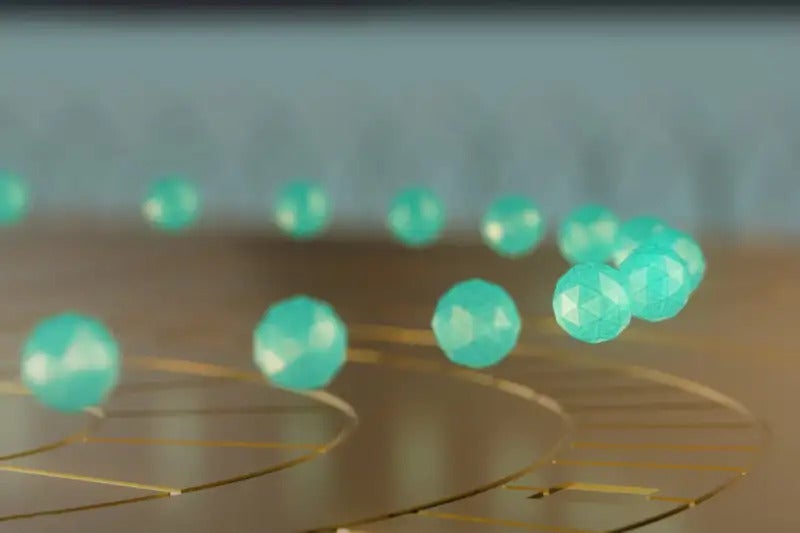Happy Birthday, Charles
A story, courtesy of Dr. Charles Jordan (UT Physics '64), about the Free and Exalted Benevolent Physics Graders, a group of UT physics students from 1962 who developed a friendly relationship grading exams and homework assignments. They each left with similar goals and outlooks and have been, as Dr. Jordan put it, unusually successful.

On my 21st birthday in 1962, it was a Thursday night in the tower of the student union building of the University of Texas in Austin where the Men's Glee Club of which I was the president and a first tenor was rehearsing for our next performance ably assisted on the piano by my soon-to-be wife Linda Rosett under the direction of Jim Woodle, a graduate student in composition at the University.
After the rehearsal, the guys quickly exited and were waiting for me downstairs with dastardly doings in mind. I struggled mightily when they took hold, but all was in vain as they took me down and threw me into Littlefield Fountain.
But all was in good spirits as we then retired to Scholz Beer Garten to quieten down those raging hormones.
My clothes were torn and wet. My vision was blurred by one too many beers, and I was scheduled to grade undergraduate exams back in the physics building that very evening.
The graders had become good friends of mine over the last three years destined to pursue physics at the highest level labs in the United States. Dennis Kovar, one of 20 Outstanding Students with me at the University the next year, spent his investigative years at Argonne National Labs in Chicago. Kenneth Stanfield became the Assistant Lab Director of Fermilab in Illinois, Richard Leslie Freeman worked on superconducting energy storage and nuclear waste storage at General Atomic in San Diego, Jay Davis is a National Security Fellow and Director of the US Defense Threat Reduction Agency at Livermore National Labs in California. He was an IAEA monitor when they were in IRAQ looking for Sadaam Hussein’s weapons of mass destruction.
George Locke stayed in Texas with Chevron, Joey Bishop and his brother were also members of the Free and Exalted Grand Wizards of UT Grading, but details of their doings are unknown to me.
I turned to searching for elementary particles, after getting a PhD at Columbia University. This involved mainly two accelerators. DESY in Hamburg Germany, and SLAC at Stanford California where our group was awarded a Nobel prize for confirming the existence of the most basic particle in nature, the quark.
As I slopped into the grading room on campus on my birthday, William Crutchfield, the staff member responsible for the grading project, brought a number of undergraduates into the room to wonder at the magnificence of the free and exalted graders of their tests. I made myself as inobvious as I could.



